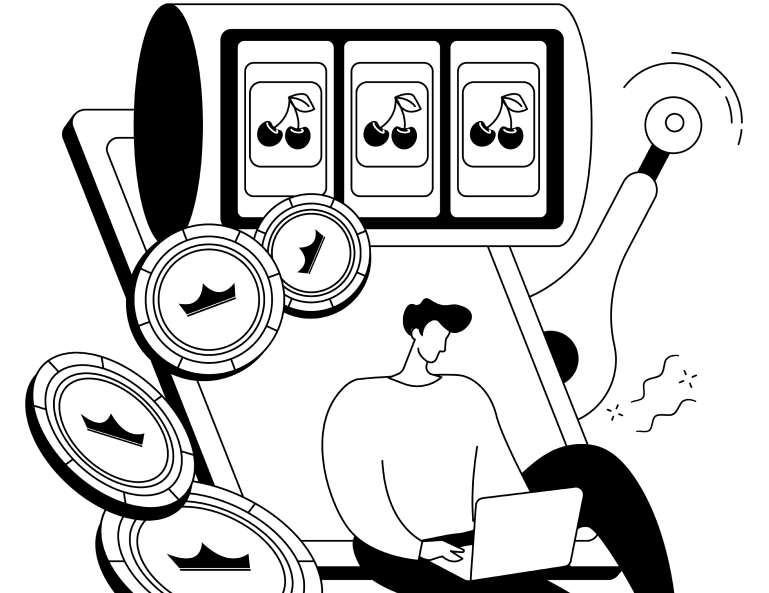How Gambling
Affects the Brain




and test your luck!












Brain activity in the vmPFC and striatum fluctuates normally and responds mainly to wins.

The brain rewires itself, showing increased activity even during losses or near-misses, tricking the brain into chasing more bets.
Dopamine is a neurotransmitter responsible for regulating pleasure and reward.
In pathological gamblers, dopamine dysfunction causes the brain to crave more bets, leading to compulsive gambling.








When approached responsibly, online gambling can have a positive impact on mental health. In moderation, it offers:







